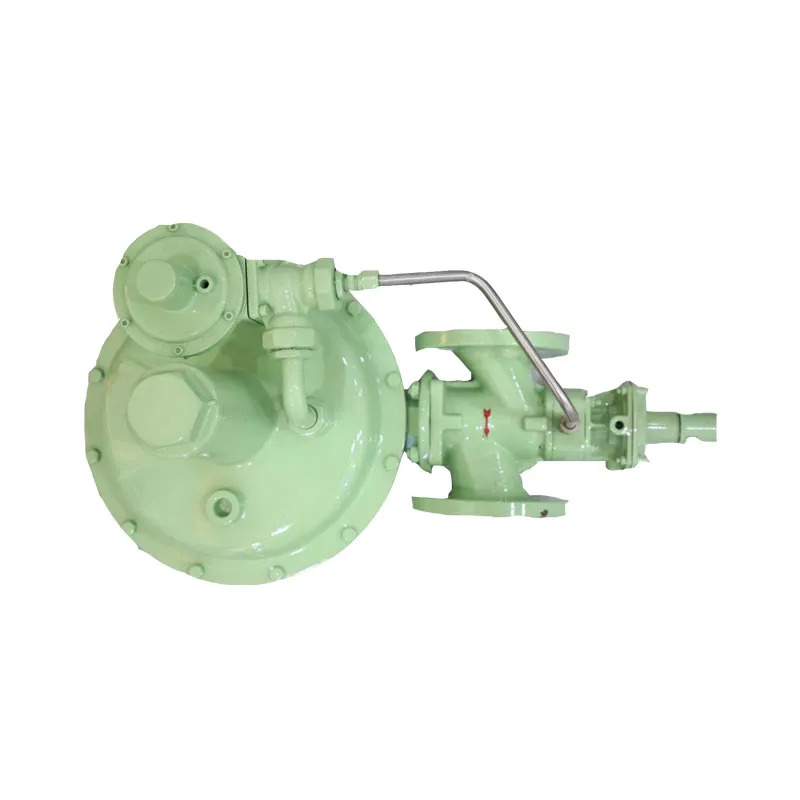
Nov . 12, 2024 13:15
Back to list
السخانات الكهربائية
Electric Water Heaters An Essential Guide
Electric water heaters are one of the most common appliances found in homes today. They provide the convenience of hot water on demand for a variety of uses, including bathing, cooking, and cleaning. As technology has advanced, electric water heaters have evolved to become more efficient, eco-friendly, and user-friendly. This article aims to explore the different types of electric water heaters, their advantages and disadvantages, and tips for selecting the right model for your needs.
Types of Electric Water Heaters
1. Storage Water Heaters These are the most traditional type of electric water heaters. They store a certain amount of hot water in a tank, typically ranging from 20 to 80 gallons. A thermostat maintains the water temperature, and the tank is refilled automatically. The main advantage of storage heaters is that they provide a ready supply of hot water. However, they can be less energy-efficient due to standby heat loss when water is sitting in the tank.
2. Tankless Water Heaters Also known as on-demand water heaters, tankless units heat water directly as it flows through the system. They are compact and can be installed in small spaces, making them ideal for many homes. Since they only heat water when needed, they provide endless hot water and reduce energy consumption. However, tankless heaters may have a higher upfront cost and can be less effective for simultaneous multiple uses.
3. Heat Pump Water Heaters These units use electricity to move heat from the air or ground to heat water, making them much more energy-efficient compared to traditional electric heaters. They work best in moderate climates and can significantly reduce energy costs. However, they typically require more space and can have higher initial installation costs.
4. Point-of-Use Water Heaters These small units are installed close to the faucet or shower they serve. They eliminate the wait for hot water to travel from a central water heater and can be ideal for smaller homes or specific applications like under-sink installations. However, they may not provide enough capacity for larger households.
Advantages of Electric Water Heaters
.
Disadvantages of Electric Water Heaters
السخانات الكهربائية

However, electric water heaters also have some downsides. One of the primary concerns is that they rely on electricity, which can lead to higher utility bills, especially in areas where electric rates are high. Additionally, in the event of a power outage, water heating will be interrupted, making it less reliable in certain situations.
Selecting the Right Electric Water Heater
When choosing an electric water heater, several factors should be considered
1. Size and Capacity Assess your household's hot water needs. Consider the number of fixtures that will be used simultaneously, which will help determine the capacity of the water heater you need.
2. Energy Efficiency Look for models with a high energy factor (EF) rating, as they will reduce operating costs and environmental impact.
3. Installation Space Consider the installation area. Tankless models require less space, while larger tanks may need dedicated areas.
4. Cost Evaluate the upfront cost versus long-term savings on utility bills to find a balance that works for your budget.
5. Brand and Warranty Choose reputable brands that offer good warranties to ensure reliability and support.
Conclusion
In summary, electric water heaters are essential appliances that provide convenience and comfort in our daily lives. By understanding the different types, advantages, and disadvantages of electric water heaters, as well as considering factors such as size, energy efficiency, and installation space, homeowners can make informed decisions that best meet their needs. As technology continues to evolve, the options for electric water heaters will become even more varied, making it easier for consumers to find solutions that are both effective and environmentally friendly.
Next:
Latest news
-
Safety Valve Spring-Loaded Design Overpressure ProtectionNewsJul.25,2025
-
Precision Voltage Regulator AC5 Accuracy Grade PerformanceNewsJul.25,2025
-
Natural Gas Pressure Regulating Skid Industrial Pipeline ApplicationsNewsJul.25,2025
-
Natural Gas Filter Stainless Steel Mesh Element DesignNewsJul.25,2025
-
Gas Pressure Regulator Valve Direct-Acting Spring-Loaded DesignNewsJul.25,2025
-
Decompression Equipment Multi-Stage Heat Exchange System DesignNewsJul.25,2025

